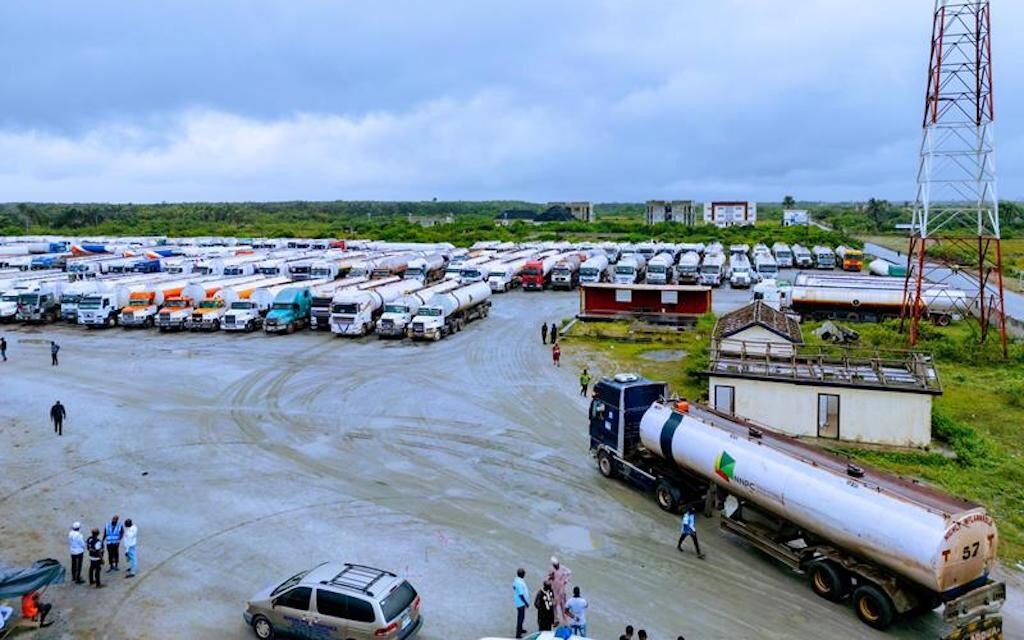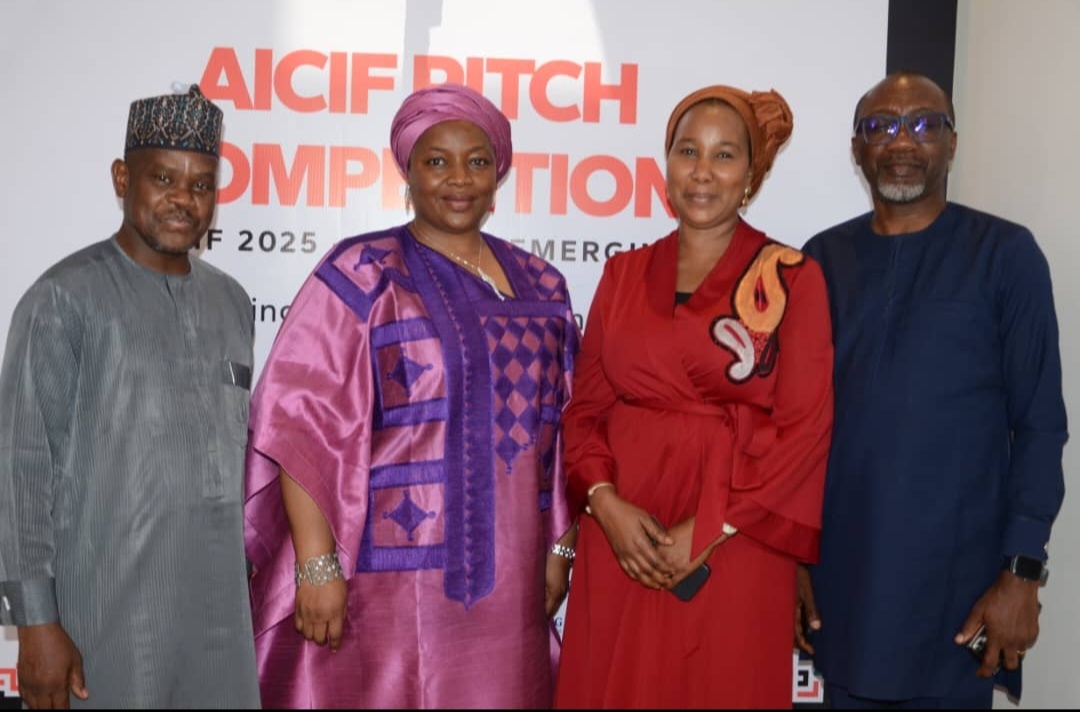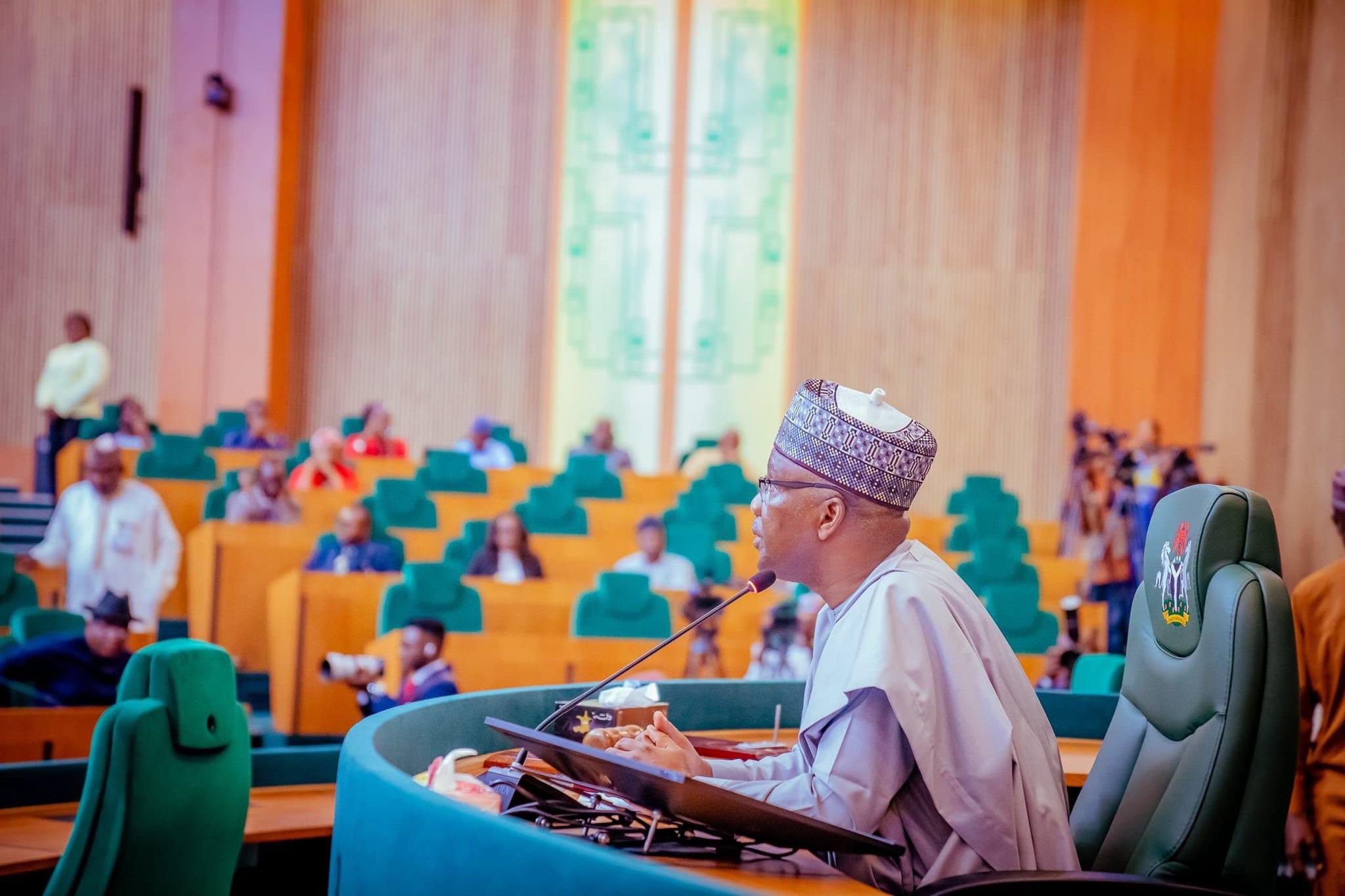*Women decries exclusion in family inheritance, community decision-making
Blessing Ibunge in Port Harcourt
Women from various communities in the Niger Delta region have decried injustice in the distribution of family inheritance and decision making in their communities.
The women spoke at a three-day interactive session on strategic litigation and women’s role in advancing justice in the Niger Delta by Socio-Economic Rights and Accountability Project (SERAP), in Port Harcourt, Rivers State.
SERAP had organised the training to strengthen key stakeholders and develop a plan action to advance women participation in promoting transparency and accountability in the management of natural resources in the region and other oil-producing communities in Nigeria.
The workshop which was supported by the Ford Foundation, attracted women stakeholders including women leaders, female traditional rulers, market women leaders, women groups, people living with disability, female journalists and women activists in the region.
The workshop also availed women the opportunity to understand how they could participate in the natural resources and development of their communities.
Narrating her ordeal, Mrs Naamon Grace, a native of K-Dere community, in Gokana LGA, expressed that women in her area are not recognised in terms of family inheritance despite their roles in peace, and development of their community.
Naamon, who narrated how she and other women from the Ogoni ethnic extraction in Rivers State struggle for the cleanup of the polluted environment, said “When Ken Saro-Wiwa brought up the issue of MOSOP, I was among the first women that embrace it, and because of the level of illiteracy that was in my area, I was given an office, like Secretary of the Ogoni Federation of Women Association from the beginning”.
She explained “The women, we are working very hard, because at a time the military did not allow any organisation to function. So, they started chasing us, men were the target, the women mount protest for the interest of the community’.
She said “The problem we have now, is when all the problems became low, politicians hijacked the struggle because the leader (Ken Saro-Wiwa) and others 12 agitators were killed.
“During the struggle, the women were raped by the military personnel, they were tortured, we were chased into the forest. One of the women named Saturday, from Biara community was amputated during the struggle. Then I was pregnant and gave birth to my child in the bush. It was a broken bottle that was used to cut the umbilical cord of the child because there was no instrument to use, no nurse. By the grace of God he survived.
Today, cleanup issue came up, but non of women that was in the struggle were recognised including myself.”
She however pleaded with SERAP to support the women in the Niger Delta region achieve justice in their demands, noting their valuable impact in their communities.
On her part, Peace Mgbenwa, a native of Okwuisi community, Ogba/Egbema/Ndoni LGA, lamented that leadership of her community do not care about the welfare of the women.
She decried “In Okwuisi community, women are not included in leadership, just like what we are discussing now, we don’t have woman leader we selected by ourselves. They (men) pick those that hardly speak for women as a leader.
The women leaders don’t care about their rights, what they are after is the annual rice gift they receive from the community or Agip company. But with the series of training we have heard so far, we now understand our needs and how to achieve it.”
Martha Egbe, a native of Aleto-Eleme, and President of the Voice of Eleme Women Association, said despite the over 400 companies operating in her Eleme community, women are not carried along as beneficiaries, except you’re a politician.
She stated that women are most hit by the pollution and other disadvantages, saying that “Pollution has caused us so many damages. We can’t lay our hands to our God given natural resources.
“Interms of benefits, women are excluded. They don’t remember women and that is why we are crying that, since we are most affected, we need serious help.
“We are calling on SERAP to come to our aide and fight this injustice, so that our women will be remembered that we are part of the living in the community. We can’t go to farm or rivers because of pollution.
“We have palm tree plantations in my place. Before now, we used to go early and harvest the palm fruits, we sell some and use others to prepare palm oil to train our children.
We are crying that women should be remembered, we are the most suffering in the society. If they can remember us in terms of problems in our father’s house, why can’t they do same in terms of beneficiary”, Egbe added.
Meanwhile, during the training which ended yesterday, SERAP pledged support for women from the region who desires to seek and get justice over unfair treatments they have suffered and still suffering from their environment and society.
Deputy Director, SERAP, Kolawole Oluwadare, who reacted on the concerns noted at the training said the appeal by the women for justice, would be addressed, stating that the group’s lawyers have taken note of the issues.
He said: “We are going to support them. Our lawyers are here and they are taking records of what they (participants) are saying. They are going to hear from us.”
Lead Research Consultant, Emilia Okon, in her report presentation on “Mobilising Natural Resource Communities to Use Strategic Litigation as a Tool for Social Justice”, noted ignorance as part of the challenges faced by Niger Delta women from getting social justice.
She said the International Federation of Women Lawyers (FIDA) is supposed to be used by the women to address their social injustices, adding that women at the rural communities should be more enlightened.
She emphasised that communities need legal literacy in local language through women-led and trusted platforms; combine legal aid and economic empowerment.
Speaking, Constance Meju, a veteran journalist and activist, called for intensive sensitisation noting that women are suffering from what she described as “money, political and legal illiteracy” in the society.
THISDAY at the training observed that the participants were drawn from Akwa Ibom, Bayelsa, Cross River, Delta, Edo and Rivers States.
The post SERAP Trains N’Delta Women on Access to Justice appeared first on THISDAYLIVE.






